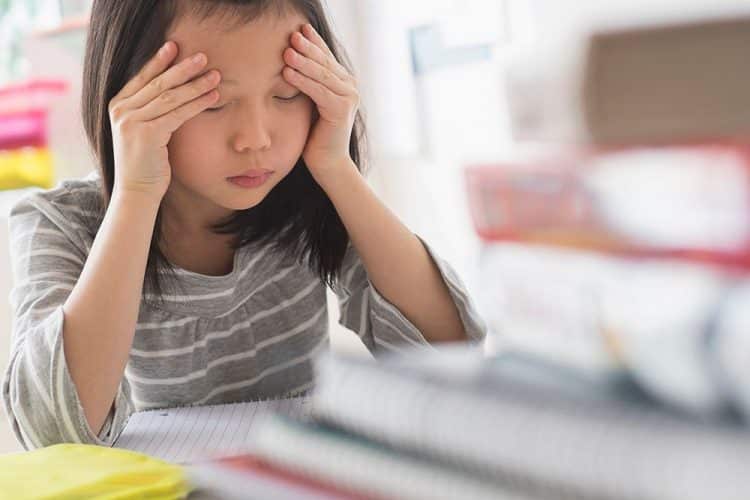Are you concerned about potential anxiety in toddler and wondering if your little one is suffering from anxiety? Although it’s entirely possible for children to develop anxiety, they may not be as capable as adults at verbalizing their feelings, making it all the more important to be able to identify the most common physical symptoms. Whether you’re treating an anxious baby with Wellements gripe water for colic 4 fl oz or you’re searching for ways to get through to your antsy toddler, make sure you’re familiar with these common signs and symptoms of possible child anxiety.
Look Out for Tummy Problems and Changes in Eating Habits
One of the most common physical signs of anxiety in children is stomach or gastrointestinal problems. Young children suffering from anxiety may display unexpected changes in eating habits, such as loss of appetite or, conversely, unusually excessive eating. These changes often go hand in hand with gastrointestinal symptoms such as stomachaches and nausea, which may sometimes require Wellements constipation supplements to treat. Your child’s emotional state may be causing increased gas or stomach acid levels, which could in turn upset his or her stomach and cause abrupt changes in eating patterns. For this reason, any significant changes with regards to food habits or tummy issues may merit a call to the pediatrician.
Carefully Observe Shifts in Your Child’s Behavior
Behavioral shifts are another way that children may physically exhibit signs of anxiety. For instance, if your child is normally cheery and outgoing but has recently become quiet and sullen, you may want to ask your doctor whether he or she might have an anxiety disorder. Similarly, if your child used to engage in certain extracurricular activities but now refuses to participate in them, there may be cause for concern. Other common behavior shifts that may indicate anxiety in a child include:
- Difficulty falling asleep or staying asleep
- Loss of interest in hobbies and other activities
- Refusal to socialize with others
- Constant worrying about going to school
- Separation anxiety
Talk to Your Doctor About New Fears or Constant Moodiness
As soon as you notice suspicious shifts in your child’s moods or behavior, contact your pediatrician. Although not all symptoms listed above may necessarily mean that your child will be formally diagnosed with anxiety, it’s best to speak with a medical professional to be certain. Keep an eye out for the following in particular, and book an appointment as quickly as possible so you can get your child the help he or she needs.
- Sudden moodiness and temper tantrums
- Increased aggression or crying
- New fears or complaints
If you suspect your little one may have anxiety, it’s best to take action right away. In order to identify the warning signs of anxiety, make sure to carefully review these common physical symptoms, since your child may not be able to verbalize mood shifts and other sudden or gradual changes. By keeping a close eye on these symptoms, you can get your child help right away when he or she needs it to support his or her mental and emotional well-being.

Margherita Ceresa an enthusiastic editor and writer at ExtraLargeAsLife.com. She has worked with many publications as a senior editor. Known for her incredible passion for everything new, she is a champion of celebrity news & lifestyle writing.

